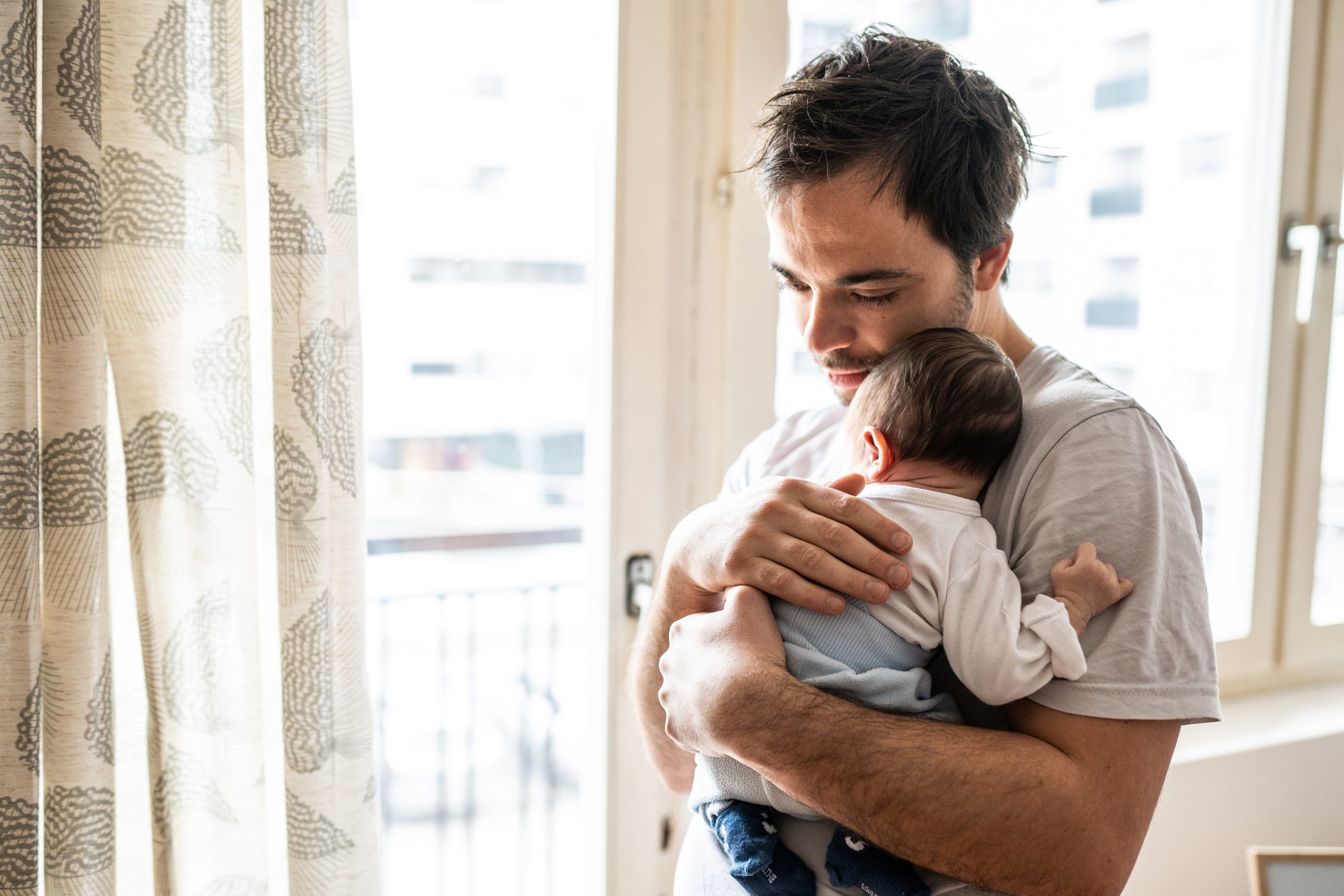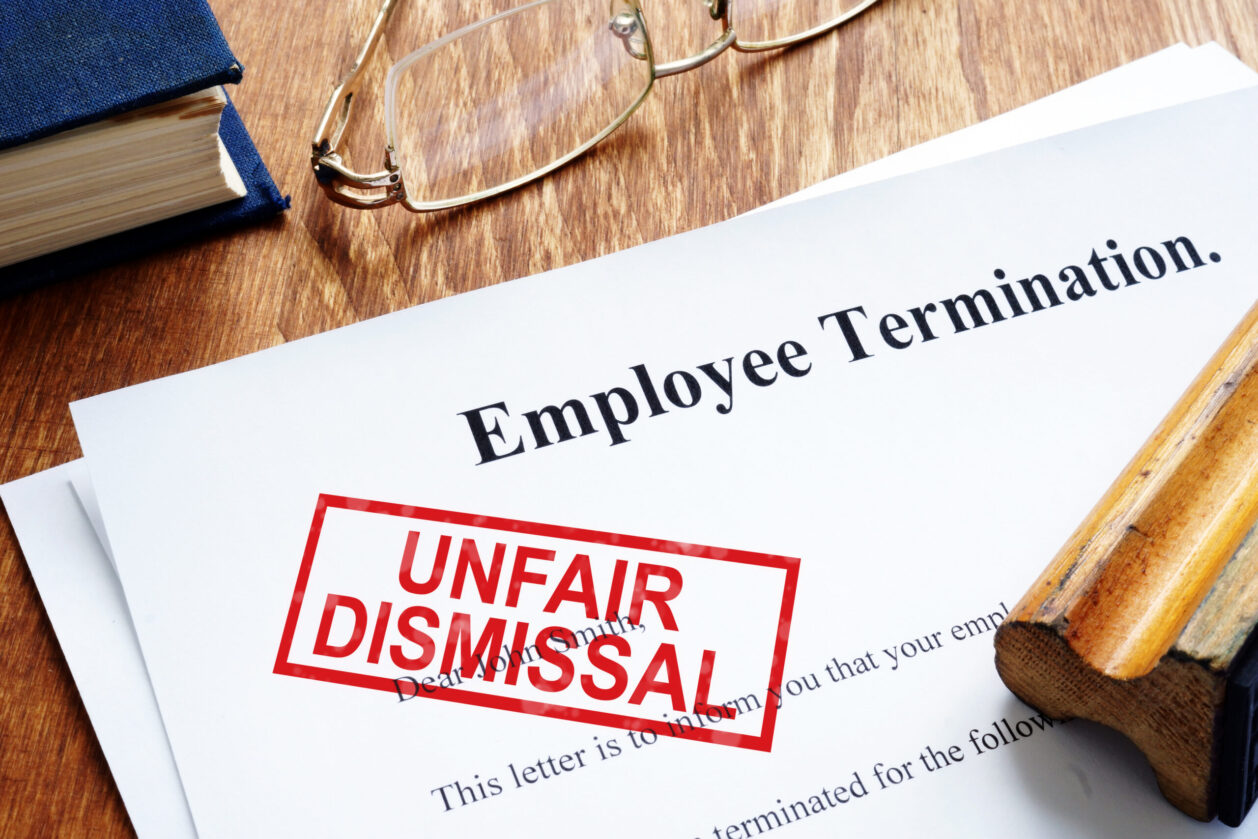Federal Parliament recently passed changes that allow people to take government-funded Paid Parental Leave more flexibly.
The changes mean primary carers can stagger the last six weeks of their 18-weeks leave instead of taking it in one block.
The modifications aim to allow primary caregivers, especially those who are self-employed or small business owners, more flexibility to take leave and still manage their business.
The changes took effect on 1 July 2020.
What has changed?
Eligible employees:
- must still take their initial 12-weeks leave in a single block within the first 12 months of the birth or adoption of a child; but
- can then take their additional 30 days leave as Flexible PPL at a later time, within two years of the birth or adoption of the child.
It means primary caregivers can return to work at any time after the initial 12-week PPL period and still access Flexible PPL days.
Flexible PPL can be taken as individual days or as multiple blocks/periods. An example of someone using the Flexible PPL could be:
Jane is an employee who works five days per week. Jane has a child and initially claims 12 weeks PPL. Jane returns to work after this PPL period and enters into an agreement with her employer to work three days per week, taking the remaining two days as unpaid leave. As Jane will not be at work on those two days, Jane can apply to be paid Flexible PPL days on the two days she is on unpaid leave, up to the maximum 30 days.
The primary carer can still take their full leave in an 18-week block.
The employee must not work on a day they are using Flexible PPL and need to seek approval for the leave from their employer.
Who can use it?
The PPL scheme is available to all Australian employees, including casual employees, contractors and the self-employed.
If the primary caregiver returns to work before they have used all of their PPL, they may transfer the leftover portion to another eligible caregiver of the child.
What about leave and superannuation?
Despite recommendations from several advocacy groups, the Government does not pay superannuation on PPL.
Employers are also not obliged to pay superannuation if they are required to administer the Government PPL scheme.
As PPL is not based on an employee’s work hours, no leave is accrued, and it will not count towards an employee’s continuous service.
It is still essential for employers to meet their PPL record-keeping obligations if they are required to administer the scheme.
Find out more
Business Toolbox contains a range of resources to answer your questions about parental leave. Go deeper:
Parental leave 101
There are mandatory entitlements to unpaid parental leave available to all eligible employees. Do you know what they are? Read more...
Keeping women in work is good for business and people. So how do we do it?
WA women with young children are the least likely in the country to work more than 20 hours a week. So what can business do about it? Read more...

Parental leave FAQs
Confused about parental leave? We answer your most frequently asked questions. Read more...
If you would like to know more, you can call CCIWA’s Employee Relations Advice Centre on 9365 7660 or email [email protected].









